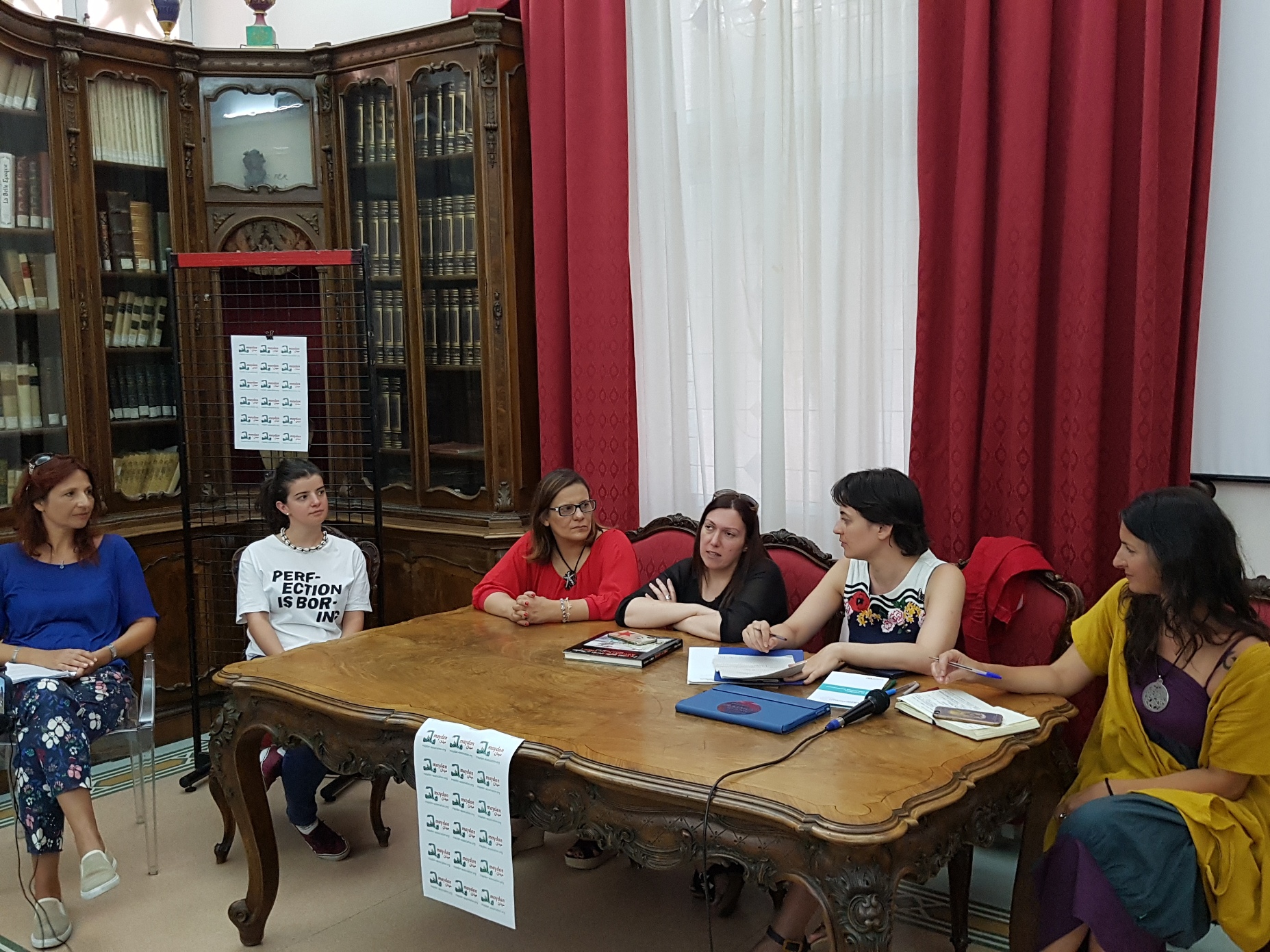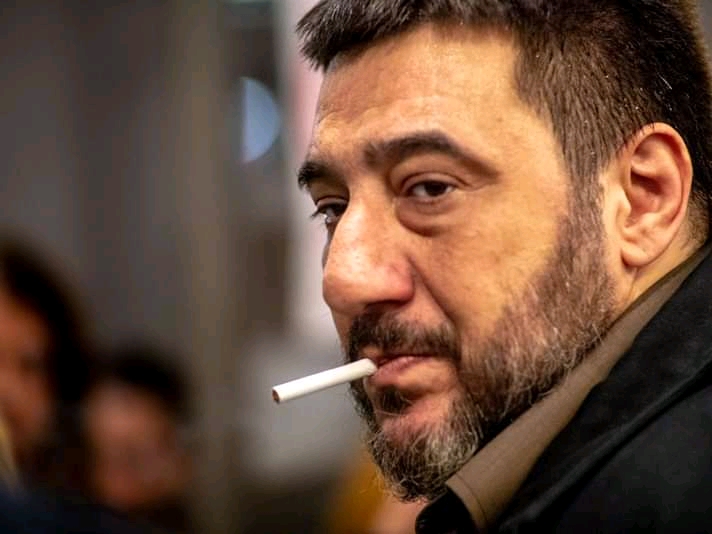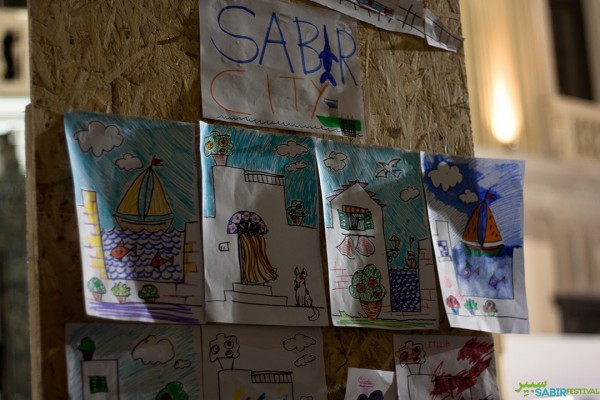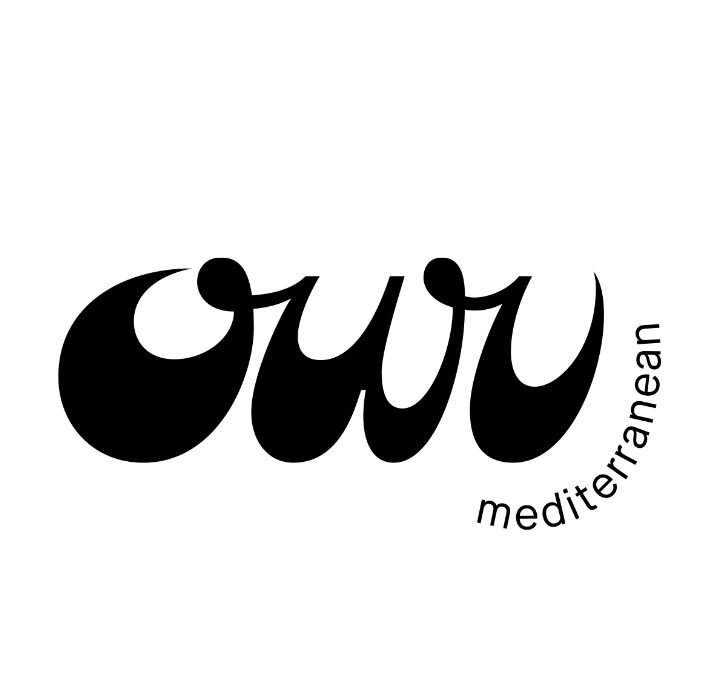In light of the global challenges we are facing with the Covid-19 pandemic and the effect it is having on democracy, freedom of movement, borders, solidarity and citizenship, as well as the difficulties related to preserving real facts from fake representations, we thought it would be opportune to provide a “Maydan narrative” in this historic moment. With this article, written by Gianluca Solera and prof. Lidia Lo Schiavo, co-founders of Maydan Association, we would like to open a new section on our website which will feature contributions, photos, reports, or whatever preferred expression, to describe living the pandemic and its effects on issues related to the Maydan mission. Maydan members and others will write from the perspective of where the contributor lives and how he/she and his/her fellow citizens are facing this difficult situation.
The Coronavirus pandemic is shaking the roots of democracy. Whomever one talks to about the impact of the virus on political systems, s/he would most probably reply by pointing out the many risks that the current global health emergency has made evident. And it would be difficult to disagree, if we look at recent developments. Viktor Orbán has used this momentum to obtain full powers for an indefinite time and he will be able to run the country by decree, control all enterprises – including publishing houses and media – and persecute those “who disseminate false or distorted statements” on governmental action. Philippine President Rodrigo Duterte has ordered police forces to shoot those who “cause problems” to the quarantine rules dead. After having hidden the impact of the pandemic in Russia, by qualifying the first deaths as cases of lung infection, Vladimir Putin’s regime has moved towards harsh mobility restrictions and imposing up to five years in jail to people convicted of spreading false information about the virus. The head of the Doctors’ Alliance, an independent trade union linked to Kremlin critic Alexei Navalny, has already been arrested as a result of those measures. Signs of a systematic manipulation of the number of deaths caused by the pandemic in China are emerging, such as the fact that 42,000 cinerary urns have been returned to their families in Wuhan in time to celebrate Qingming, Tomb-Sweeping Day (April 4). While in the US, the wealthier can get the best treatment in luxurious clinics or fly on private jets to safe resorts, that country is the only developed nation without universal health care, where national standards on paid sick leave are missing – a rarity among industrialized nations – and primary care doctors and bed hospitals are lacking. All of these factors are exposing the country to the most devastating forecasts on the expected deaths because of the coronavirus. In many Arab countries, mobility restriction measures are further eroding the space of freedoms, nourishing a culture of fear and order, and evoking a spectrum of conspiracy theories – what has always been one of the best tools to repress dissent by Arab autocrats. President Abdel Fattah Al-Sisi’s Egypt forced a British journalist to leave the country after she reported on a study that questioned Egypt’s tally of cases. In Jordan, for instance, following the declaration of martial law, a total curfew was imposed on the country bringing it into chaos, with people locked up at home without food for days.
These are just some of the worrying signs of growing closure, enhanced despotism, longstanding social injustices re-surfacing, and cynical moves or cover-ups and disinformation by authoritarian rulers. This is, however, one side of the story, the classical half empty glass, because on the other hand, such a crisis might exacerbate the contradictions of political systems which function on governmental secrecy, dissent repression and propaganda, thus making them weaker. If the crisis lasts many months, not only democracies might start to crumble, but also, and even more so, non-democratic systems.
There are two major extraordinary events that generally happen in times of crisis such as this one. The first one is neighbourhood solidarity. People start helping each other, and mutual support is often accompanied by frank discussion, reflection, shared views and sensible criticism. Nothing can stop this, not even curfews, because humans always try to find ways to help each other. In Italy, for instance, an amazing number of volunteer initiatives is multiplying: nuns living in monasteries have begun to make free masks for people, shops and citizens’ initiatives have started offering “on-hold grocery shopping” [“spesa sospesa”]: when you go buy food, you buy twice what you need, and leave the extra in the shop or in some public location for those who cannot afford to buy food. Solidarity is the backbone of democracy, it is the spirit of the social contract between free citizens, and the virus is liberating this extraordinary energy which has been stifled in a culture of individual competition. A country like Portugal has transformed this principle into an act of institutional solidarity in which five ministers in charge of different portfolios have granted legal status to immigrants without a residency permit, so as to allow them to access the State’s health care system and social security services, critical in such an emergency context.
The other event which deserves to be mentioned is what we could call the revenge of truth over the banalization of knowledge and the dissemination of fake news. We have got used to hearing that climate change is a hoax and we have grown accustomed to the continual denial of the Russians regarding their interference in elections around the world. The Internet has been inundated by propaganda and fabricated news distorting facts in regional wars such as in Syria or in Yemen. But now that each one of us is under threat, truth and science have taken back their place in our private minds and political fora. Qualified scientists are heard and respected, and people are no longer ready to live in the fog of contradictory, fabricated and unverified information that has been dominating media and political arenas over the last few years.
It is a matter of survival, nowadays. As writer Muñoz Molina correctly described in El País – “We had to wait for a calamity like the one we are now suffering to suddenly discover the courage, the urgency, the supreme importance of solid and precise knowledge, and to strive to separate the facts from the hoaxes and phantasmagoria.” The ineptitude of someone like Brasil’s Jair Bolsonaro, who pathetically had referred to the Coronavirus as a gripezinha, a light cold, and is now losing credibility at an amazing pace, is finally clearer than ever. The superficiality he displayed ignoring the threat until the day before yesterday, his scorn, incompetence and conspiracy theories have revealed what it means to have a new maniacal Roman Caligula running a continental kingdom to many Brazilians. An Italy-like scenario would be – we all hope – his political death.
The way out of this pandemic is profoundly challenging for our democracies in particular; it asks them to be high “performing” in all aspects related to their being “responsive”[1] to citizens’ demands in assuring their rights. In other words, exactly when our own life and subsistence, our work and liberties are threatened, just then democratic governments are expected to do their best in fulfilling this responsiveness. To clarify the point further, we need high quality democracies to stand tall and pass through this pandemic and its social, economic and political consequences.
This pandemic seems to make all this as clear as a crystal glass. What emerges is that societies cannot just survive without “care”, without providing “health” as a public, or more exactly, a common good for each and everyone. It also shows that economics cannot function without services, health public systems, education, and decent wages for workers. The lockdown implemented to contrast the spread of the infection is also showing that capitalism as a system which establishes “a price for everything, the value of nothing” – to paraphrase Oscar Wilde – cannot be left alone without State intervention. Even more than as a response to the financial crisis of 2007-2008 (the pandemic has been hitting “real” economy – both on the supply and demand side), public investments and state intervention are needed, in order to overcome what seems to be “Capitalism’s Triple Crisis” (that is the pandemic-induced health crisis, the subsequent economic crisis, a climate crisis which is to be grasped without further delay).
It is a sort of pedagogic gesture, a practical lesson that the Covid-19 pandemic has been revealing. Even in a contradictory and deeply problematic scenario, it is showing both the worst aspects of a neoliberal attack on social rights provisions, and the possible paths to recover them, if not to overcome the exploitative character of the capitalist system for society and nature. The democratic pedagogy of the Coronavirus consists in the fact that it seems to open the way to a grassroots revival. Feminist movements such as Ni una menos [the transnational feminist movement founded in Argentina in 2015], ecological movements, indigenous movements, civil society organisations committed to defend both human and ecological diversity may find a “window of opportunity” to organise mobilisation, and express a real “democratic” alternative.[2] In particular, several claims have been made these days in favour of providing a quarantine income and other forms of “care” for workers, in order to allow then to maintain themselves during the mobility restrictions and in the event that they lose their jobs due to the economic crisis which is expected to follow. A “political ecology” seems to emerge as one of the most promising ways to anticipate the future to come. Exploitation of natural resources, climate change or the alteration of ecosystems actually are the “real” causes that trace back to the origins and the possible evolution of the Coronavirus pandemic; and other pandemics seem to be on their way, unless societies decide to reduce their impact on the Earth and its resources.
Among the possible positive externalities of this terrible pandemic may also be the re-appropriation of the information technology platforms and internet devices which are supporting workers, students and corporations during these days of lockdown. In this sense, what is at stake is the opportunity to regain control of these “information highways” along with their emancipatory potential, viewed as the manifestation of a “common good”.
What this deep crisis seems to show is that both scenarios, the dystopian one of an authoritarian solution and the utopia of a re-democratisation of democracy, may emerge; and the outcome will depend on the way democratic nations will be able to tackle these hard times. Still, it will also depend on how activists, social movements and community organisations are able to set up global mobilisation platforms – both during the lockdown, under the difficult condition of being physically separated though connected on the web, and afterward, when it will be possible to regain access to the public space. As economist Gaël Giraud affirms – “the economic reconstruction that we will have to carry out after exiting the tunnel will be the unexpected opportunity to implement the transformations that, even yesterday, seemed inconceivable to those who continue to look to the future through the rear view mirror of financial globalization. We need a green reindustrialisation, accompanied by a re-localization of all our human activities”.
[1]R. A. Dahl, Polyarchy, Yale University Press, 1977.
[2] B. Casalini, “A materialist analysis of contemporary feminist movements”, Anthropological Theory, 17(4), 2017, pp. 497-517.




